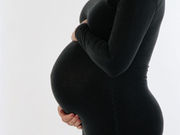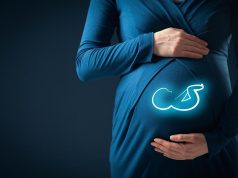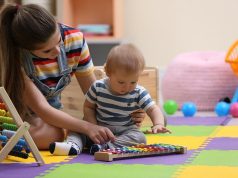These toxins have lingered in the environment, study authors say
TUESDAY, Aug. 23, 2016 (HealthDay News) — Children exposed to high levels of polychlorinated biphenyls (PCBs) in utero may have an increased risk of developing autism, according to research published online Aug. 23 in Environmental Health Perspectives.
The study included 1,144 children born in Southern California between 2000 and 2003. Overall, 545 children had been diagnosed with an autism spectrum disorder; another 181 had an intellectual disability, but not autism; 418 had neither diagnosis. The children’s mothers had all been enrolled in a prenatal screening program, enabling the researchers to analyze blood samples taken during each woman’s second trimester.
The team found that autism spectrum disorder risk was increased for a number of PCB congeners. Particularly strong association was seen for the highest versus lowest quartile of PCB138/158 (adjusted odds ratio, 1.79) and PCB153 (adjusted odds ratio, 1.82).
Use of these chemicals was banned in the 1970s because of concerns about their health effects. But since they do not easily break down, PCBs still linger in the environment — and in people. “Autism is a complex condition with many different causes, and those causes vary among individuals,” lead author Kristen Lyall, Sc.D., an assistant professor at Drexel University’s A.J. Drexel Autism Institute in Philadelphia, told HealthDay. The new findings suggest that PCBs could be another one of the “puzzle pieces.”
Copyright © 2016 HealthDay. All rights reserved.








